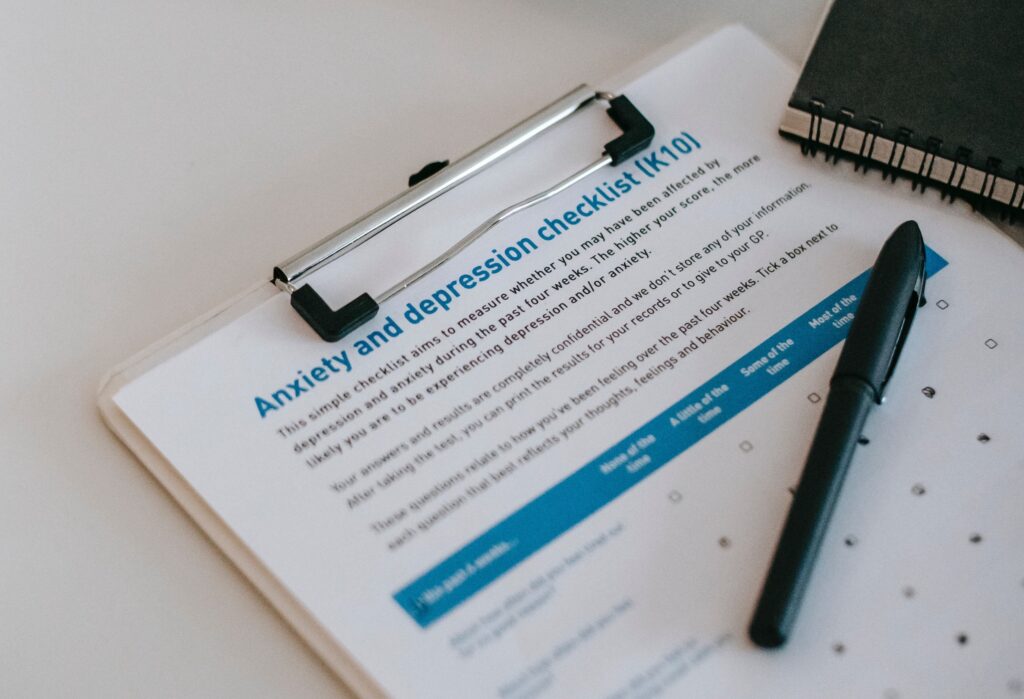There have been a lot of new, exciting advances in our understanding and treatment of complicated grief (aka prolonged grief). But what effect do these advances have on how to work with clients? And where do I find evidence-based complicated grief therapy training?
Newer advances in the past 30 years of grief research show us a lot about long-held assumptions about grief and complicated grief. For instance, the assumption one must deeply think about and discuss their loss in order to “process” it was debunked in grief research decades ago. The famous stage models of grief were also debunked. In fact, the widespread and inaccurate dissemination of stage models online likely works against client healing.
Research finds new evidence-based models more accurately describe grief, while accounting for greater variability in how people grieve. In particular, Stroebe and Schut’s “Dual Process Model” reflects how the grief experience can “come in waves”. This theory asserts that people naturally fluctuate between loss-oriented coping (grieving more strongly) and restoration-oriented coping (e.g., having hope for self and future). Eventually these fluctuations level out, but those with complicated grief have more irregularities in this pattern.
What do these new advances mean for treatment? First, it appears that pushing individuals to talk about their loss(es) extensively in therapy may not be helpful in some cases. This is because many individuals adjust quite well by not talking about the loss, but dealing with it in their own ways (e.g., using humor that seems inappropriate to some).
Second, multiple studies find that prolonged grief is actually characteristically different from PTSD or from depression or anxiety. This means treatment for prolonged grief requires its own tailored approaches. For example, initial research found benefits of using behavioral activation specially tailored for prolonged grief.
Complicated grief therapy has emerged as another such promising treatment. This approach is consistent with these new understandings of grief. It helps people make explicit meaning from the loss and connect with their memory of the individual. At the same time, clients discuss goals for their lives in the context of life without the lost individual. They then create plans and make efforts to work toward those goals. Overall, the therapy aims to help the individual makes sense of the loss, not fixate or ruminate on it, and reconnect with their life after the loss.
The Center for Prolonged Grief at Columbia University good complicated grief therapy trainings in this cutting-edge evidence-based approach. Their on-demand foundational training instructs on new modern understandings of grief. Their online live training every few months trains clinicians on how to conduct complicated grief therapy with clients.
Complicated or prolonged grief is so difficult for clients and can quite literally go on forever. But it doesn’t have to! New advances in grief research, theory, and practice have finally provided therapist resources to help clients definitively gain meaning and reconnect with their life, without losing sense of how important their lost loved one was.














